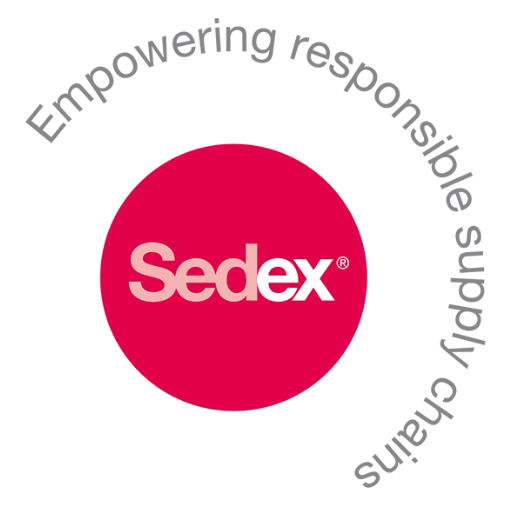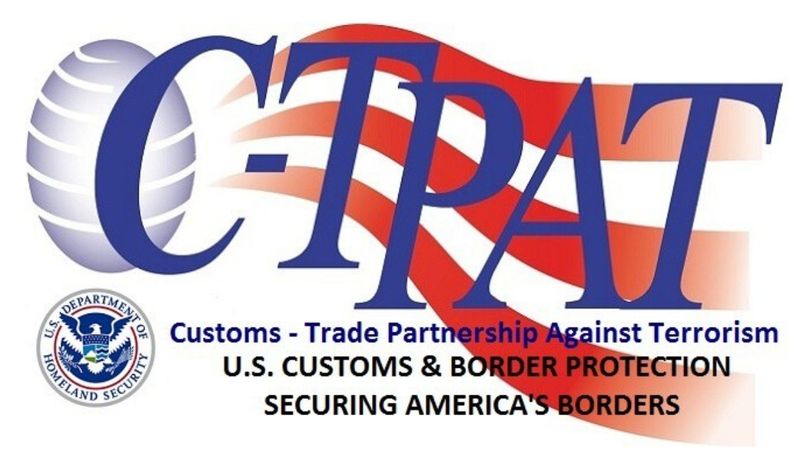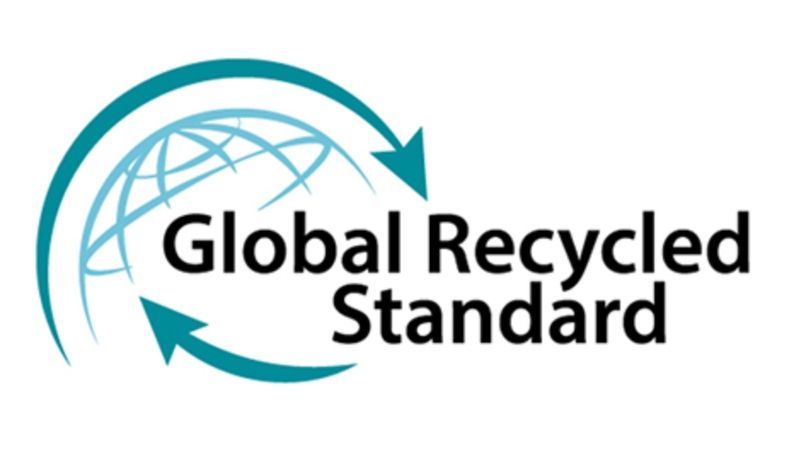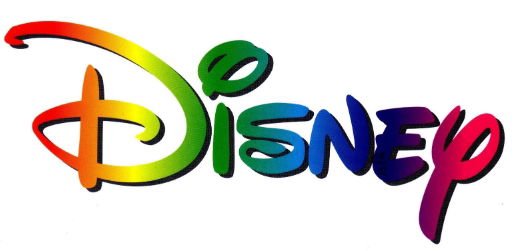Audits&Reports
Certified Quality and Ethical Standards-Email us for the documents!

Sedex 4-Pillar Audit-the SMETA
The Sedex 4-Pillar Audit, formally known as the SMETA (Sedex Members Ethical Trade Audit), is a comprehensive and widely respected ethical audit format that assesses a company's performance in four key areas: Labor Standards: This pillar examines the company's adherence to ethical labor practices, including workers' rights, working conditions, wages, working hours, and the management of child labor and forced labor issues. It ensures that the company complies with local and international labor laws and standards. Health and Safety: This area focuses on the health and safety conditions within the workplace. It includes the assessment of workplace hazards, the provision of adequate safety equipment, emergency preparedness, and the overall management of health and safety practices to ensure a safe working environment for all employees. Environment: The environmental pillar evaluates the company's environmental management practices and its impact on the environment. This includes waste management, energy use, water use, emissions, and the management of hazardous substances. It assesses how the company minimizes its environmental footprint and promotes sustainability. Business Ethics: This pillar addresses the company's business integrity and ethical practices, including anti-bribery and anti-corruption measures, data protection, and fair business practices. It ensures that the company operates in a transparent and ethical manner in all its business dealings.
Learn More
Li&Fung Quality Assurance Team scored 94.2(Excellent!)
Elevate your business standards with the Li&Fung Quality Assurance Team, delivering excellence and a score of 94.2.

C-TPAT
C-TPAT stands for the Customs-Trade Partnership Against Terrorism. It is a voluntary supply chain security program led by U.S. Customs and Border Protection (CBP) and is aimed at improving the security of private companies' supply chains with respect to terrorism. Launched in November 2001, C-TPAT seeks to safeguard the world's vibrant trade industry from terrorists, maintaining the economic health of the U.S. and its trading partners. The program emphasizes the importance of businesses taking an active role in security practices related to their supply chain operations. By participating in C-TPAT, companies agree to work with CBP to protect the supply chain, identify security gaps, and implement specific security measures and best practices. In return, C-TPAT members are considered to be of lower risk, and thus are less likely to be examined at a U.S. port of entry, which can expedite the shipping process. Key elements of C-TPAT include: Security Criteria: C-TPAT members must meet specific security criteria, which cover areas such as physical security, access controls, procedural security, personnel security, education and training, manifest procedures, conveyance security, and business partner requirements. Risk Assessment: Members are also required to conduct a comprehensive risk assessment of their supply chain to identify and mitigate potential security vulnerabilities. Benefits: In addition to reduced inspections and expedited processing at borders, C-TPAT members may receive other benefits, such as eligibility for other CBP expedited programs. Validation: After a company joins C-TPAT, CBP officials may conduct on-site validations to ensure that the company's security measures meet the C-TPAT criteria. For companies involved in international trade, such as Xide Group, participation in C-TPAT can not only enhance supply chain security but also streamline customs processes, thereby improving efficiency and potentially reducing costs associated with delays at the border.
Learn More
GRS-The RCS and GRS are designed to boost the use of recycled materials
The Global Recycle Standard (GRS) is an international, voluntary standard that sets requirements for third-party certification of recycled content, chain of custody, social and environmental practices, and chemical restrictions. The GRS is managed by Textile Exchange, a global non-profit organization that focuses on driving industry transformation in preferred fibers, integrity and standards, and responsible supply networks. The GRS aims to increase the use of recycled materials in products and reduce/eliminate the harm caused by its production. The standard covers the following main areas: Recycled Content: Products must contain a minimum percentage of recycled material. The GRS requires that a product contains a minimum of 20% recycled content, with a higher tier for products containing 50% or more recycled content. The standard applies to all products that contain at least 20% recycled material, including textiles, clothing, and non-textile products. Chain of Custody: The GRS tracks the recycled input materials through the supply chain to the final product. This ensures that the identity of recycled materials is maintained from the source to the final product. Social and Environmental Practices: The GRS includes requirements for social and environmental practices at the production facilities, including worker rights, working conditions, and environmental impact. This ensures that the production of GRS-certified products meets high social and environmental standards. Chemical Restrictions: The standard imposes restrictions on the chemicals used in the production process to ensure that harmful chemicals are not used in the manufacturing of GRS-certified products. A GRS report or certification indicates that a product or a line of products has been independently verified to meet these criteria. The certification process involves an audit of the entire supply chain, from the recycling stage to the final product, and includes an assessment of the manufacturer's environmental and social practices. For a company like Xide Group, having GRS certification for its products demonstrates a commitment to environmental sustainability, responsible resource use, and ethical manufacturing practices. It also assures customers and partners that the products meet internationally recognized standards for recycled content and responsible production.
Learn More
Disney, Under Armour, and CCC Factory Audits
Factory audits by major brands like Disney, Under Armour, and CCC are comprehensive evaluations conducted to ensure that manufacturing facilities meet the brands' specific standards for quality, safety, ethical labor practices, and environmental compliance. These audits are crucial for maintaining brand integrity and ensuring responsible supply chain management. Here's a brief overview of what factory audits by these brands typically entail: Disney Factory Audit Disney's factory audit, often referred to as the International Labor Standards (ILS) program, ensures that facilities producing Disney-branded products comply with the company's Code of Conduct for Manufacturers. This code covers labor standards, child labor, forced labor, discrimination, wages and benefits, working hours, health and safety, and environmental impact. The aim is to promote safe, inclusive, and respectful working environments in the production of Disney merchandise. Under Armour Factory Audit Under Armour conducts factory audits as part of its Responsible Sourcing & Manufacturing program. These audits assess compliance with Under Armour's Code of Conduct and include evaluations of labor practices, worker health and safety, environmental management, and product quality. Under Armour's approach emphasizes not only compliance but also continuous improvement, encouraging factories to adopt best practices that exceed minimum standards. CCC Factory Audit CCC (not to be confused with the Compulsory Certification of China, also abbreviated as CCC) likely refers to a brand that conducts audits to ensure compliance with its standards. Like other major brands, CCC would assess its manufacturing partners for adherence to labor laws, ethical business practices, product quality and safety standards, and environmental regulations. The specifics of CCC's audit process would depend on the brand's particular requirements and industry standards. In general, factory audits by brands like Disney, Under Armour, and CCC are designed to ensure that manufacturing processes are ethical, sustainable, and aligned with the brands' values and consumer expectations. These audits help in identifying areas for improvement, fostering transparency in the supply chain, and building trust with consumers and stakeholders by demonstrating a commitment to responsible business practices. Email us for the documents!


